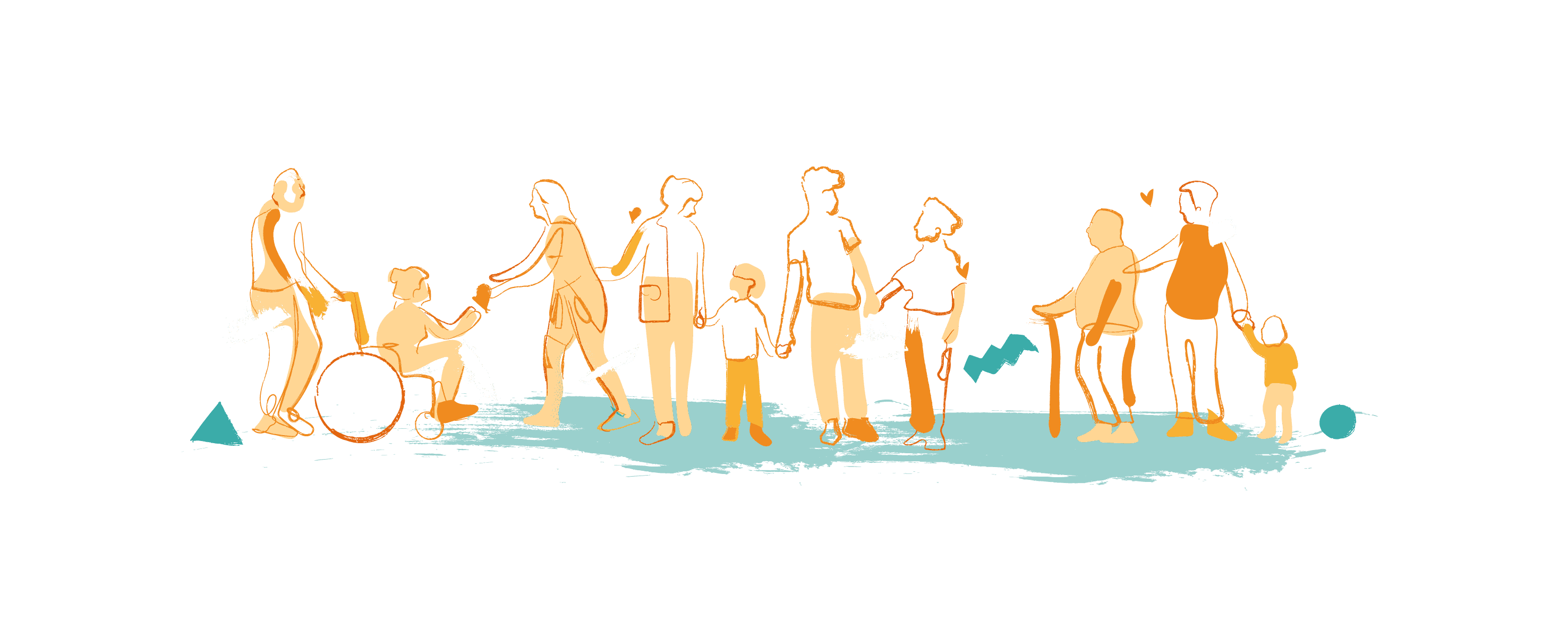A letter from SRNA’s President
Written on 5/11/23
I am happy to share the 2022 Annual Report for the Siegel Rare Neuroimmune Association (SRNA). This past year has been filled with challenges and accomplishments as we endeavor to fulfill our mission of improving the lives of individuals impacted by rare neuroimmune disorders. I encourage you to carefully review this report. Rare disorders place significant financial burdens on families, and we are committed to transparency in showcasing how your generous donations translate into tangible achievements.
Despite the unprecedented circumstances brought about by the global pandemic, SRNA has remained steadfast in our commitment to providing education, support, and advocacy for those diagnosed with rare neuroimmune disorders, their care partners, families, and healthcare professionals. This report provides comprehensive details on all our programs and initiatives.
I would like to draw your attention to three areas highlighted in the report that present opportunities for meaningful contributions and that can shape the future of our organization and community.
There are few SRNA programs that Pauline and I have been prouder of than SRNA Quality of Life Family Camp. We started our family program in Columbus in 2002. Our camp moved to Victory Junction in 2006. Our family camp was being held at The Center for Courageous Kids since 2011. Last summer, we were finally able to host our Family Camp in person after meeting virtually for camp in 2020 and 2021. The experience of bringing our families together was truly heartwarming, and our medical professionals delivered an outstanding education program during camp.
The James T. Lubin Clinician-Scientist Fellowship Program holds exceptional significance for SRNA. We fund clinician-scientist training at designated medical centers that specialize in providing care to those with rare neuroimmune disorders. These fellows receive training from the world’s most experienced specialists. Our goal is for these fellows to eventually establish their own centers of excellence that provide clinical care for rare neuroimmune patients. This two-year program includes research training as well, enabling fellows to contribute to advancing knowledge about rare neuroimmune disorders. While we were not able to fund a Fellowship in 2020 and 2021, we are happy to share that in 2022, the SRNA Board awarded a James T. Lubin Fellowship to Johns Hopkins School of Medicine and Dr. Haiwen Chen, who will begin her training in 2023 with Dr. Carlos Pardo as her mentor. Many nonprofits faced similar challenges with fundraising during the pandemic, but with your support, we will work to expand our resources and continue to train more clinician-scientists in the field of rare neuroimmunology.
In May of this year, SRNA published two blogs highlighting ongoing research in our field. Seeing all the research that is being performed by exceptional scientists is incredibly gratifying. Equally important is the fact that this research encompasses all our disorders. SRNA is proud to fund research projects through the community funded Pauline H. Siegel Eclipse Fund. Your contributions help fund projects such as the study to investigate the safety of the transplantation of human glial restricted progenitor cells in transverse myelitis by Dr. Benjamin Greenberg at University of Texas Southwestern and the study of genetic determinants of monophasic transverse myelitis being conducted by Dr. Monique Anderson and Dr. Michael Levy at Massachusetts General Hospital. We are fortunate to have brilliant researchers in our community. While more research is being conducted in NMOSD and MOGAD than in other disorders, it is crucial that we also allocate resources to find biomarkers for ADEM, AFM, and TM. Biomarkers provide valuable insights into the disease process and offer targets for pharmaceutical interventions. Our goal is to continue to raise resources to fund more research that leads to an improved quality of life for our community members.
None of our programs or our progress would have been possible without the support of our dedicated community members and donors. Your generosity and commitment to our cause have helped us make a meaningful impact on the lives of individuals and families affected by rare neuroimmune disorders.
Thank you for your continued support and partnership as we work towards a brighter future for those affected by these rare disorders.
Please take care of yourselves and each other.
Sandy



